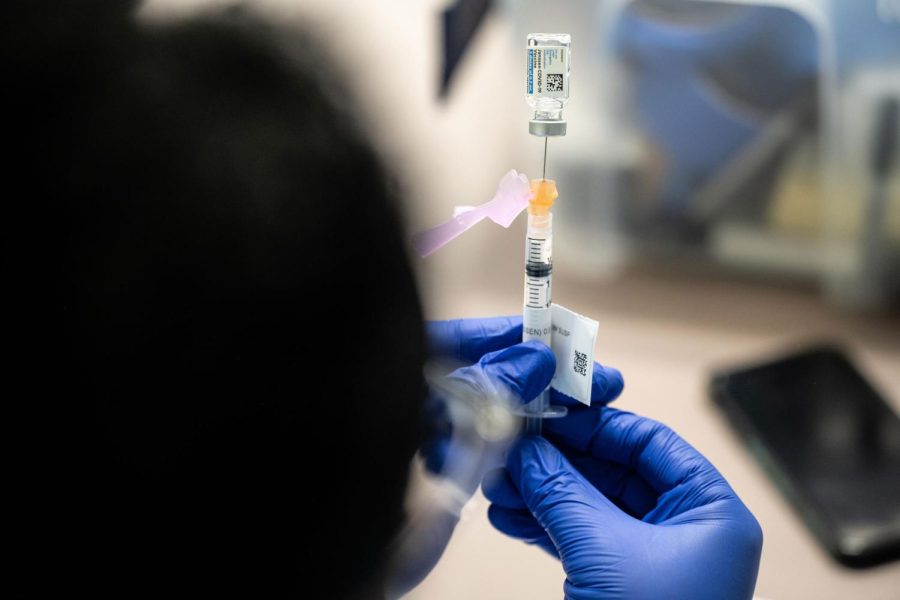Latest Ohio Republican anti-vaccine bill could be dead
October 14, 2021
COLUMBUS, Ohio (AP) — A House GOP bill limiting businesses’ ability to require the coronavirus vaccine as a condition of employment hit another roadblock Wednesday, with indications the measure may be unlikely to pass in its current form.
Under the legislation, employees who could show proof of COVID-19 antibodies, proof they run the risk of a negative medical reaction, or those who don’t want the vaccine for reasons of conscience, including religious convictions, would be exempt from employer mandates.
Though the bill is far more lenient than a previous measure that would have banned mandates for all vaccines — including for ailments like the flu — all major business and health groups opposed the legislation.
And while a plan was in place to rush the new version onto the House floor for a full vote Wednesday, that evaporated after Speaker Bob Cupp said there was still no agreement among majority Republicans on approving the measure.
“Just as there are widely differing views among Ohioans on this issue, it’s certainly not a surprise that there are varying perspectives among their legislative representatives as well,” Cupp, a Lima Republican, said in a statement. It was the second time in two weeks Cupp halted action on the bill.
Senate President Matt Huffman, a Lima Republican, has already signaled his disapproval of any bill regulating how private businesses can run their companies, further casting doubt on the legislation’s future.
The bill is one of several anti-mandate measures being considered by legislatures nationwide. GOP Texas Gov. Greg Abbott on Monday issued an executive order to prohibit any entity, including private business, from enforcing a COVID-19 vaccine mandate on workers.
The Ohio legislation’s exemptions would also be available for employees and students at Ohio’s public and private schools, colleges and universities. Governments would be prevented from requiring proof of vaccination to enter locally or state-owned public facilities, which would include publicly funded sports stadiums.
A change proposed to the bill Wednesday would end or “sunset” those exemptions by Sept. 30, 2025, said Rep. Rick Carfagna, a Delaware Republican and bill co-sponsor.
“I think it’s the most sensible balance between honoring someone’s individual medical freedom while allowing the employer and the school to provide for public safety and public health,” Carfagna said Wednesday, minutes before Cupp stopped the bill.
The legislation does not prevent private businesses from requiring vaccination proof. In addition, employees of children’s hospitals and employees who work on hospital intensive care or critical care units would not be eligible for the exemptions to receiving the vaccine.
___
Follow AP’s coverage of the pandemic at https://apnews.com/hub/coronavirus-pandemic.












